If border closures are stopgaps that are costly and potentially illegal, then countries must explore additional options for dealing with infectious diseases.


If border closures are stopgaps that are costly and potentially illegal, then countries must explore additional options for dealing with infectious diseases.

In Marvel comics and movies, Ant-Man is a super-hero who can change his size using a special suit and "Pym particles." When giant, he's...giant. But when he's tiny he keeps the same density as a...
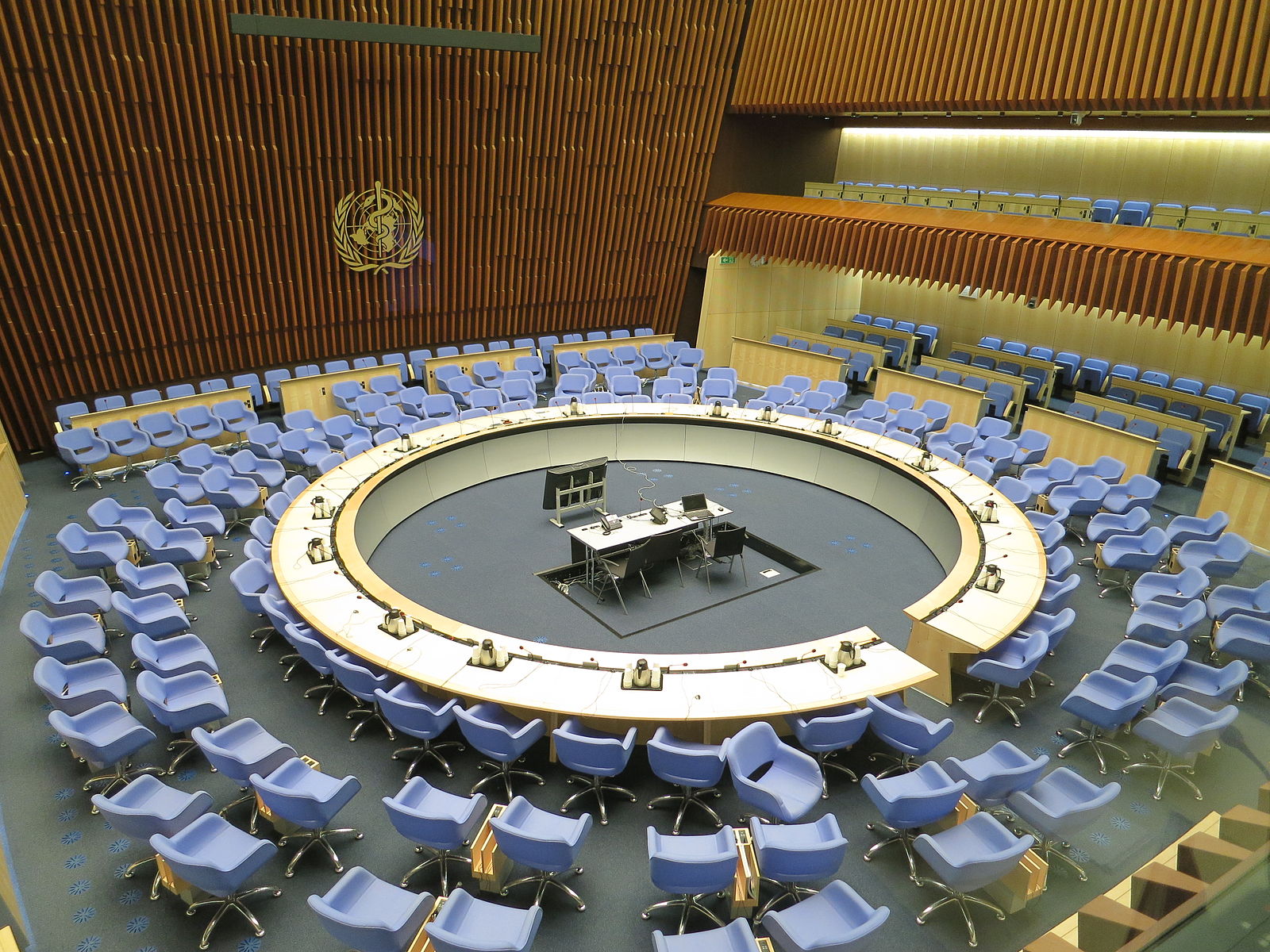
This is a guest post from Tana Johnson, an Associate Professor of Public Affairs and Political Science at the University of Wisconsin-Madison. Her publications include the book Organizational...
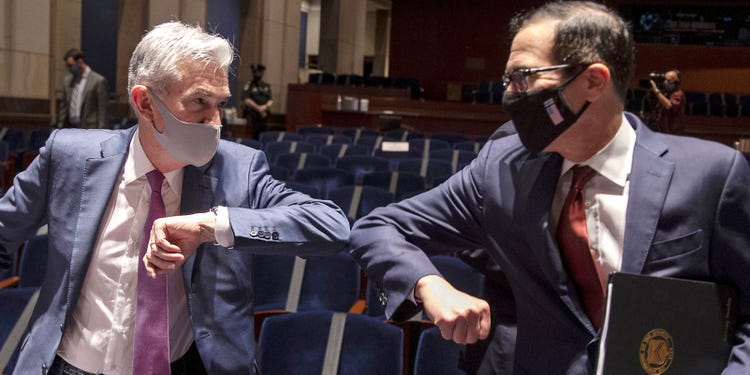
This is a guest post from Walter James, a PhD candidate in the Department of Political Science at Temple University with an interest in comparative political economy of financial regulation. The...

Note: This post began life as an op-ed; I have amended it slightly from the version shared on Facebook to add more social scientific perspective. The United States set new single-day record for new COVID cases on June 24th through 26th, surpassing what had been hoped would the highest point of the curve on April 24. The United States is now in a two-horse race with Brazil to be the epicenter of the COVID pandemic. The economic and social sacrifices made to attempt to flatten the curve—sacrifices that include the highest unemployment rate since the Great Depression and school...
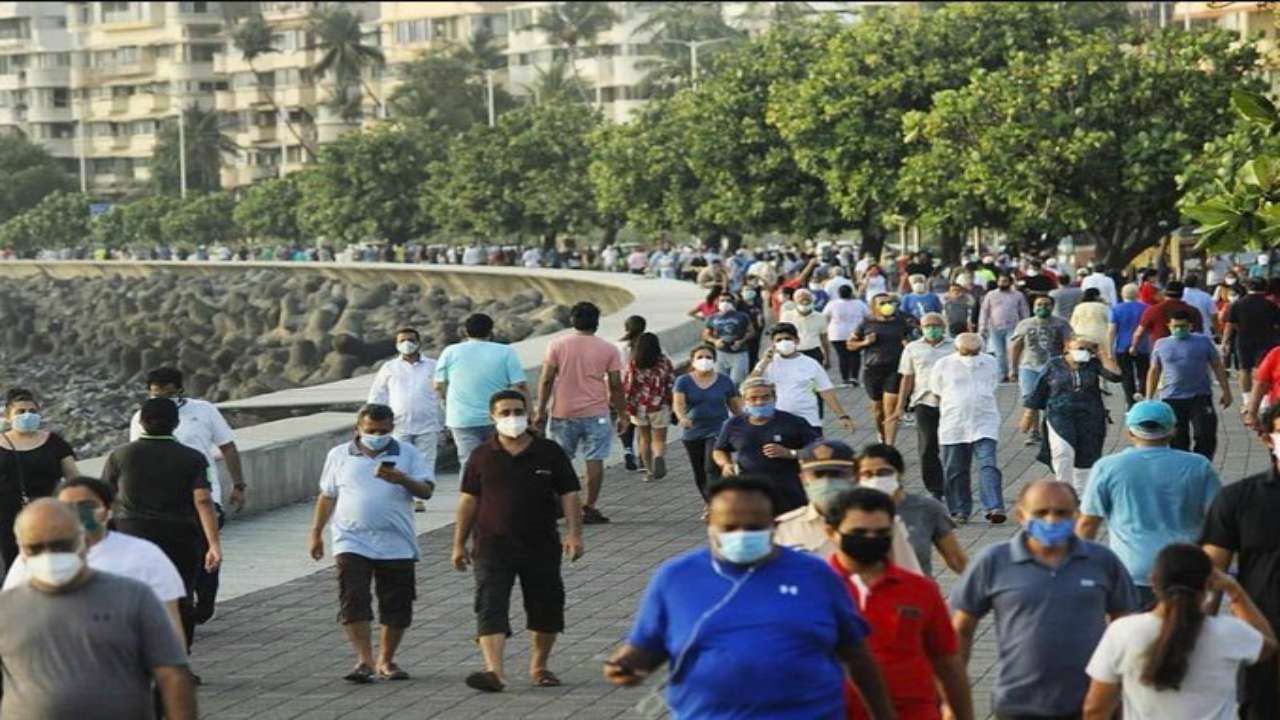
This is a guest post by Manali Kumar, incoming Postdoctoral Fellow at the University of St. Gallen (Switzerland). Her research focuses on prudence in statecraft, and India’s national identities and interests as a rising power. She can be found on Twitter @manalikumar. Despite one of the strictest nationwide lockdowns in the world, which lasted for 68 days before the government started easing restrictions on 8 June, the COVID-19 pandemic has continued to spread in India. Although the country’s international borders remain closed, domestic travel has resumed and shopping malls, restaurants,...

This is a guest post from Hina Khalid and Ashley Fox. Hina Khalid, PhD, MPP is an Assistant Professor in the School of Humanities and Social Sciences, Information Technology University, Lahore, Pakistan. Her work focusses on health policy with a special interest in health system performance and health inequities. She can be found on Twitter @HinaaaKh. Ashley Fox, PhD, MA, is an Assistant Professor of Public Administration and Policy at Rockefeller College of Public Affairs and Policy, University at Albany, SUNY, who researches the politics of health policy and population health. She can be...
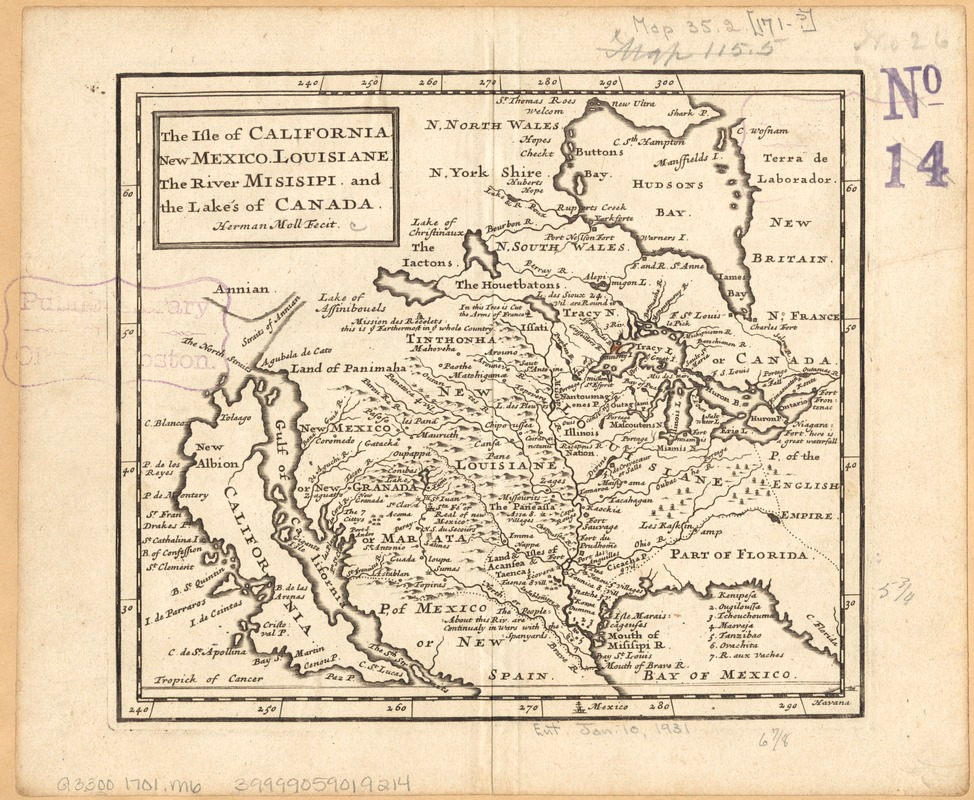
This post is part of the Bridging the Gap channel at the Duck. Danielle Gilbert is a PhD candidate in political science and a fellow with the Institute for Security and Conflict Studies at the George Washington University. She serves as a New Era Fellow with the Bridging the Gap Project. Rachel Whitlark is an Assistant Professor in the Sam Nunn School of International Affairs at the Georgia Institute of Technology. She serves as a New Era Fellow with the Bridging the Gap Project. In 1701, a cartographer named Herman Moll produced a map entitled “The Isle of California: New Mexico: Louisiane:...

This is a guest post from Ashley Fox, an Assistant Professor of Public Administration and Policy at Rockefeller College of Public Affairs and Policy, University at Albany, SUNY. who researches the politics of health policy and population health. She can be found on Twitter @ashfoxly. Since the novel Coronavirus, Covid-19, was discovered in Wuhan, China in late December 2019, it has spread to nearly every country on the globe, culminating in more than 5.5 million confirmed cases and nearly 350,000 deaths (and counting). Moreover, the epicenter of the outbreak has now migrated from Southeast...

This is a guest post from Matthew B. Flynn, André Pereira Neto, and Letícia Barbosa. Matthew B. Flynn is an Associate Professor of International Studies and Sociology at Georgia Southern University. His work focuses on pharmaceutical policies in Brazil, the immigration detention complex throughout the world, and the intersections between globalization and global health. André Pereira Neto is a full professor at the Oswaldo Cruz Foundation, Brazil, where he coordinates the Internet, Health and Society Laboratory (LaISS) and teaches at the graduate program in Information and Communication in...
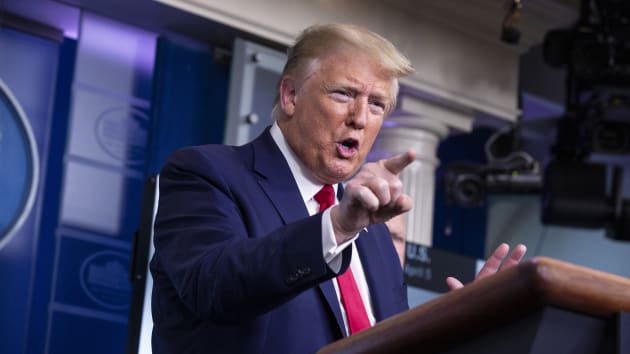
The following is a guest post by Isabella Alcañiz and Timothy Hellwig. Isabella Alcañiz is Associate Professor of Government and Politics at the University of Maryland. Her research interests include climate inequality, disaster policy, the state in the global south, and Latin American politics. She is author of Environmental and Nuclear Networks in the Global South: How Skills Shape International Cooperation (2016, Cambridge). Timothy Hellwig is Professor of Political Science and Academic Director of the Europe Gateway at Indiana University. He is a team member of the Executive Approval...
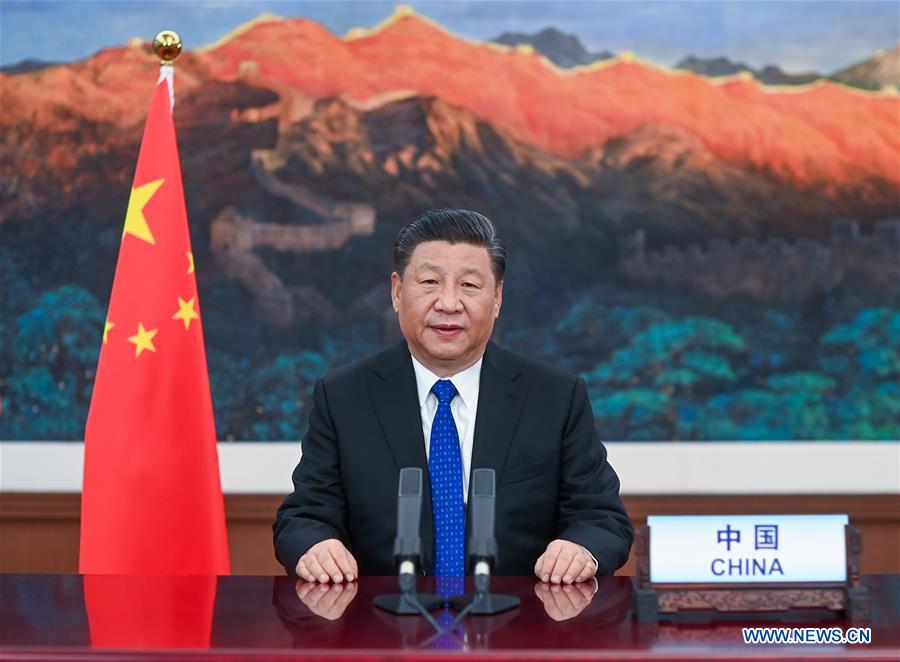
This is a guest post from Collin Meisel and Jonathan D. Moyer. Collin Meisel (Twitter: @collinmeisel) is a Research Associate at the Frederick S. Pardee Center for International Futures and a veteran of the U.S. Air Force. At Pardee, Collin works with the Diplometrics team to analyze international relations and build long-term bilateral forecasts for topics such as trade, migration, and international governmental organization membership. Jonathan D. Moyer (Twitter: @moyerjonathan) is Assistant Professor at the Josef Korbel School of International Studies at the University of Denver and...